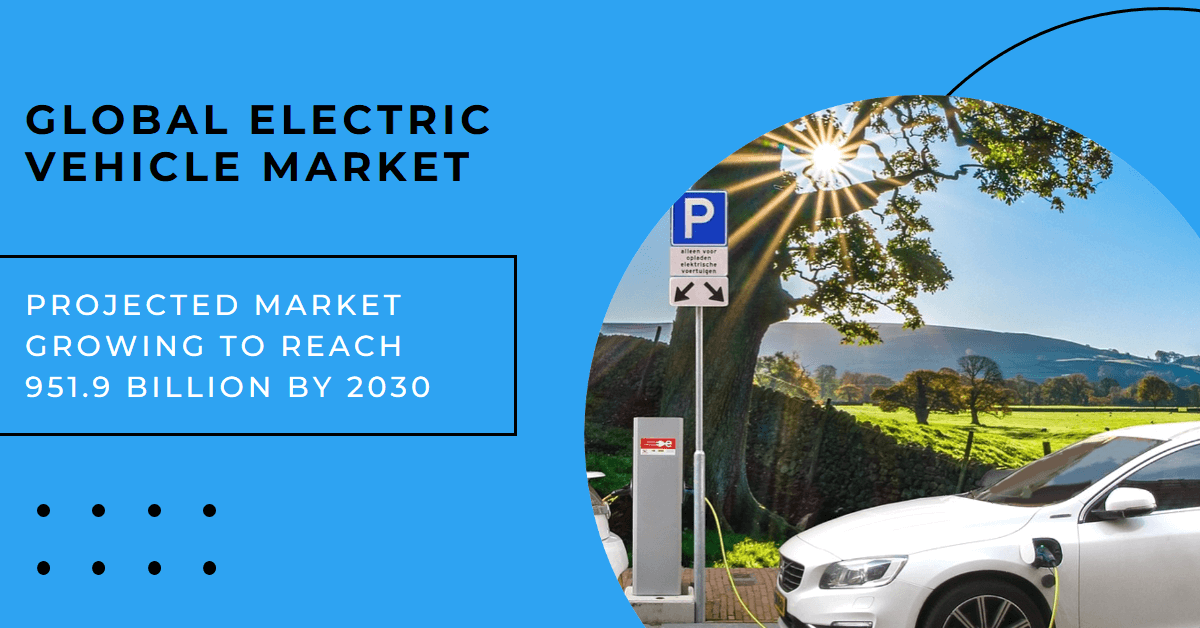
The global electric vehicle (EV) market has experienced explosive growth, with sales exceeding 10 million units in 2023, a massive increase from the 2 million units sold in 2018. This trend is expected to continue through 2024 and beyond, driven by growing environmental awareness, stringent emission regulations, and advancements in EV technology. China remains the undisputed leader in the EV market, followed closely by Europe and the United States. Asia continues to dominate as the largest consumer of electric vehicles, with the Asia-Pacific region accounting for over 60% of global EV sales. Europe holds the second-largest share with around 25%, as demand surges in countries like Germany, Norway, and the UK.
Governments worldwide are playing a crucial role in supporting EV adoption through comprehensive policies, including purchase subsidies, tax incentives, and infrastructure investments. Many countries are offering substantial incentives to buyers, making EVs more affordable and attractive. Furthermore, governments are partnering with industry leaders to accelerate the expansion of EV charging infrastructure, increasing accessibility for consumers and boosting market confidence. For instance, Europe and the US have ramped up investments in public charging stations, while China continues to lead in fast-charging networks.
The electric vehicle industry in 2024 presents vast opportunities for investors and manufacturers, with continuous advancements in technology helping to lower manufacturing costs and improve profitability. Innovations in battery technology, such as solid-state batteries, are significantly extending driving ranges and reducing charging times. Additionally, the integration of advanced electronics, such as autonomous driving systems and AI-driven vehicle management, is further enhancing the appeal of EVs.
Leading manufacturers like Tesla (US), BYD (China), BMW (Germany), Volkswagen (Germany), and Nissan (Japan) are shaping the future of the EV industry with innovative product lines and a diverse range of vehicles, from luxury sedans to affordable compact cars. Meanwhile, over 400 start-ups, including companies like Rivian, NIO, and Lucid Motors, are disrupting the market with cutting-edge technology and unique business models, creating competitive pressure on established players.
Battery and charging technology advancements remain a cornerstone of the industry’s growth. The widespread deployment of ultra-fast charging stations and the development of next-generation batteries, offering higher energy density and faster charging, are key to overcoming the barriers to widespread EV adoption.
Looking ahead, the electric vehicle industry in 2024 is poised for further expansion, with manufacturers, start-ups, and governments all working together to create a sustainable, innovative, and highly competitive global market.